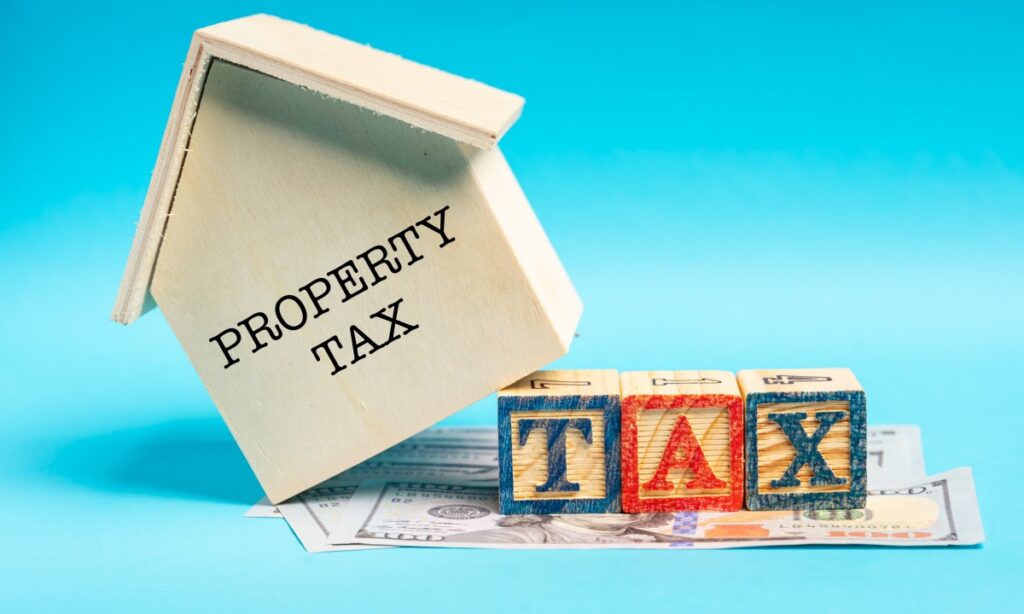
Property tax is a significant source of revenue for governments worldwide, including in England, where it plays a crucial role in funding local services and infrastructure. Understanding the intricacies of English property tax is essential for homeowners and real estate investors to manage their tax obligations effectively. In this article, we will explore the key aspects of English property tax, including tax rates, assessments, and deductions, providing valuable insights for property owners and investors.
Property Tax Rates
In England, property tax primarily consists of Council Tax for residential properties and Business Rates for non-residential properties. Let’s delve into the details of each:
Council Tax
Council Tax is a local tax levied on residential properties in England, Wales, and Scotland to fund local government services, such as education, waste collection, and public transportation. The amount of Council Tax payable depends on the valuation band assigned to the property by the local authority, with higher-value properties typically paying higher tax rates.
Council Tax Valuation Bands: Residential properties are assigned to one of eight Council Tax bands (A to H), based on their market value as of April 1, 1991, in England (or April 1, 2003, in Wales). Each band corresponds to a specific tax rate set by the local council.
Example: In England, for the 2024/2025 tax year, the average annual Council Tax rates for Band D properties range from approximately £1,800 to £3,000, depending on the local authority.
Business Rates
Business Rates, also known as Non-Domestic Rates, are taxes levied on non-residential properties in England, including commercial premises, industrial facilities, and other business properties. Business Rates are calculated based on the rateable value of the property, determined by the Valuation Office Agency (VOA), and a multiplier set by the government.
Rateable Value: The rateable value represents the rental value of the property as of a specific valuation date, typically revalued every few years by the VOA.
Example: For the 2024/2025 tax year, the standard multiplier for calculating Business Rates in England is 51.2 pence per pound of rateable value. Therefore, a property with a rateable value of £50,000 would have an annual Business Rates liability of £25,600 (£50,000 x 0.512).
Property Tax Assessments
Property tax assessments play a crucial role in determining the tax liability for individual properties. Here’s how assessments are conducted for Council Tax and Business Rates:
Council Tax Assessments

Valuation Banding: Local authorities assign properties to Council Tax valuation bands based on their market value as of a specific date. The valuation bands are determined by the Valuation Office Agency (VOA) in England.
Revaluations: Council Tax valuation bands are periodically reviewed and updated by the VOA to reflect changes in property values. Revaluations may occur every few years to ensure that properties are assessed fairly and accurately.
Appeals Process: Property owners have the right to appeal their Council Tax banding if they believe it is incorrect. The appeal process involves submitting evidence to the VOA to support a request for revaluation.
Business Rates Assessments
Rateable Value: The Valuation Office Agency (VOA) assesses the rateable value of non-residential properties for Business Rates purposes. The rateable value is based on factors such as the size, location, and rental value of the property.
Revaluations: Business Rates rateable values are revalued periodically by the VOA to reflect changes in property values and market conditions. Revaluations typically occur every five years to ensure that property assessments are up-to-date.
Appeals Process: Property owners can challenge their Business Rates assessments if they believe they are incorrect or unfair. The appeals process involves submitting evidence to the VOA and/or attending a valuation tribunal hearing to present their case.
Property Tax Deductions
While property tax deductions in England are not as extensive as those in some other countries, there are still certain deductions available for homeowners and real estate investors. Here are some common deductions:
Council Tax Discounts and Exemptions
Single Occupancy Discount: Properties occupied by a single adult may be eligible for a 25% discount on Council Tax.
Empty Property Exemptions: Some properties may be exempt from Council Tax if they are unoccupied and unfurnished, undergoing major renovations, or owned by a charity.
Student Exemptions: Properties occupied solely by full-time students are exempt from Council Tax.
Business Rates Relief
Small Business Rate Relief: Small businesses occupying properties with a rateable value below a certain threshold may be eligible for Business Rates relief or discounts.
Empty Property Relief: Some empty properties may be eligible for temporary Business Rates relief, depending on the circumstances.
Conclusion
Property tax is a significant aspect of property ownership and investment in England, impacting both residential and non-residential properties. Understanding the nuances of English property tax rates, assessments, and deductions is essential for property owners and investors to manage their tax liabilities effectively and ensure compliance with local tax regulations. By staying informed about Council Tax bands, Business Rates assessments, and available deductions, property owners and investors can make informed decisions and optimize their tax obligations in line with their financial objectives.


